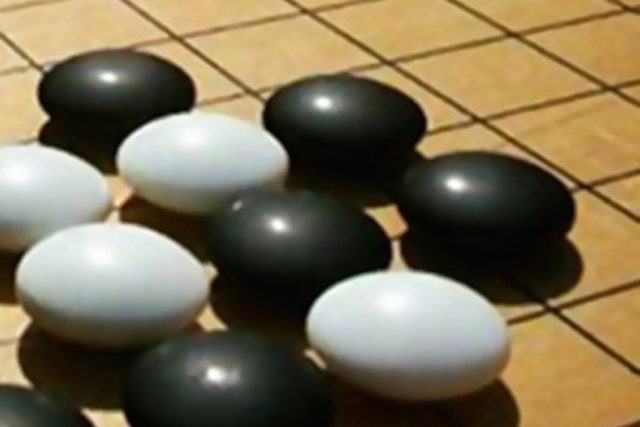by Bruce Rutledge
The Japanese game of Go is said to be one of the most complex board games ever created, which makes it a perfect testing ground for the latest artificial intelligence programs. This week, Google’s most sophisticated AI program took on Ke Jie, a 19-yearold from China who is considered the world’s top Go player.
Google beat Ke in the first match. Ke said he couldn’t find a weakness in his opponent and predicted that new iterations of Google’s AlphaGo will be too strong for humans to compete. Still, Ke vowed to fight on and find a weakness in games two and three, which had yest to be played when this issue went to print.
AlphaGo was developed by DeepMind, a unit of Alphabet, which owns Google. The AI uses deep learning to hone its strategies and takes a broader perspective than human players. The program defeated South Korean Go champion Lee Se-dol last March and needs just one more victory to finish off Ke.
Go is said to have as many as 10 to the 360th power possible moves, which is much more than chess. AI developers have focused on it as a way to test the deep learning in its programs. So far, the results have been astounding. The winner of the tournament receives a $1.5 million prize. The final match takes place on Saturday, May 27.






